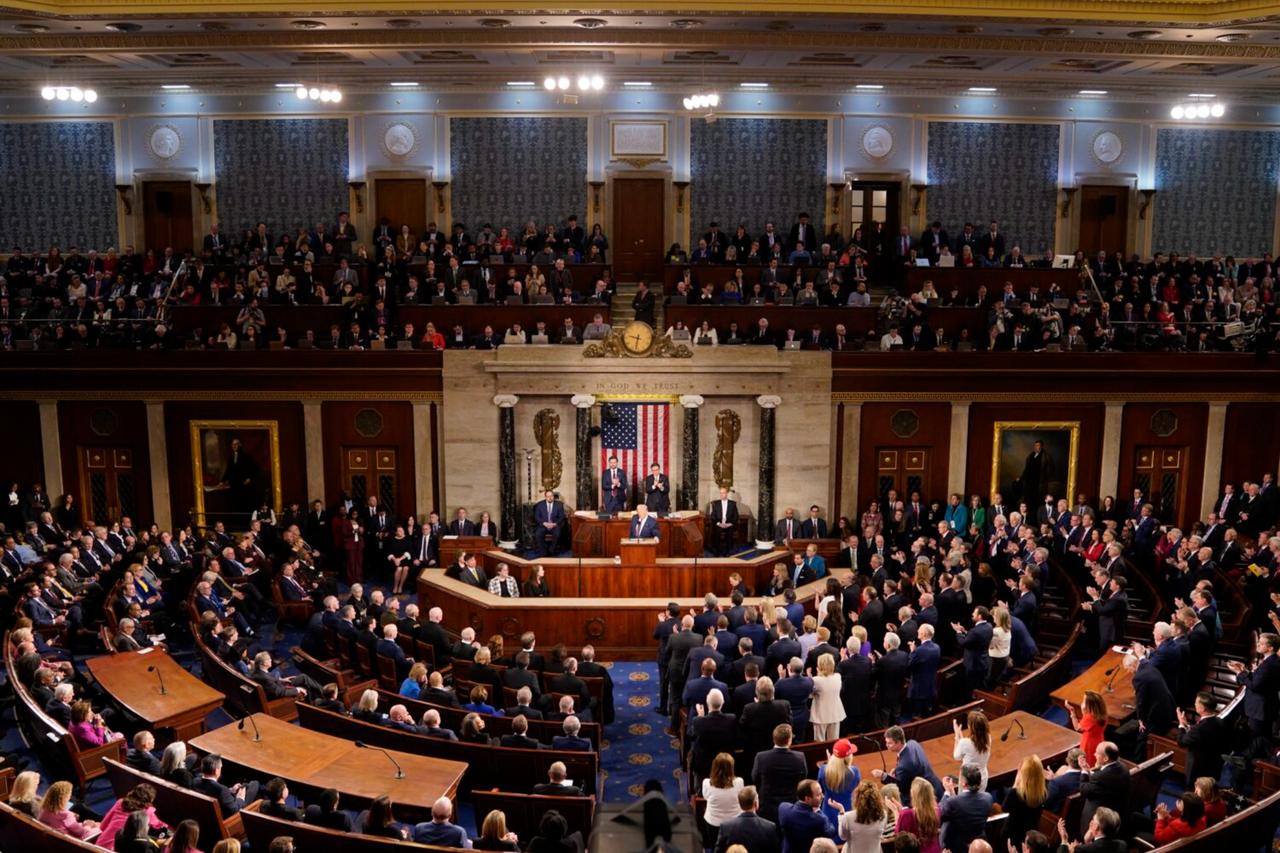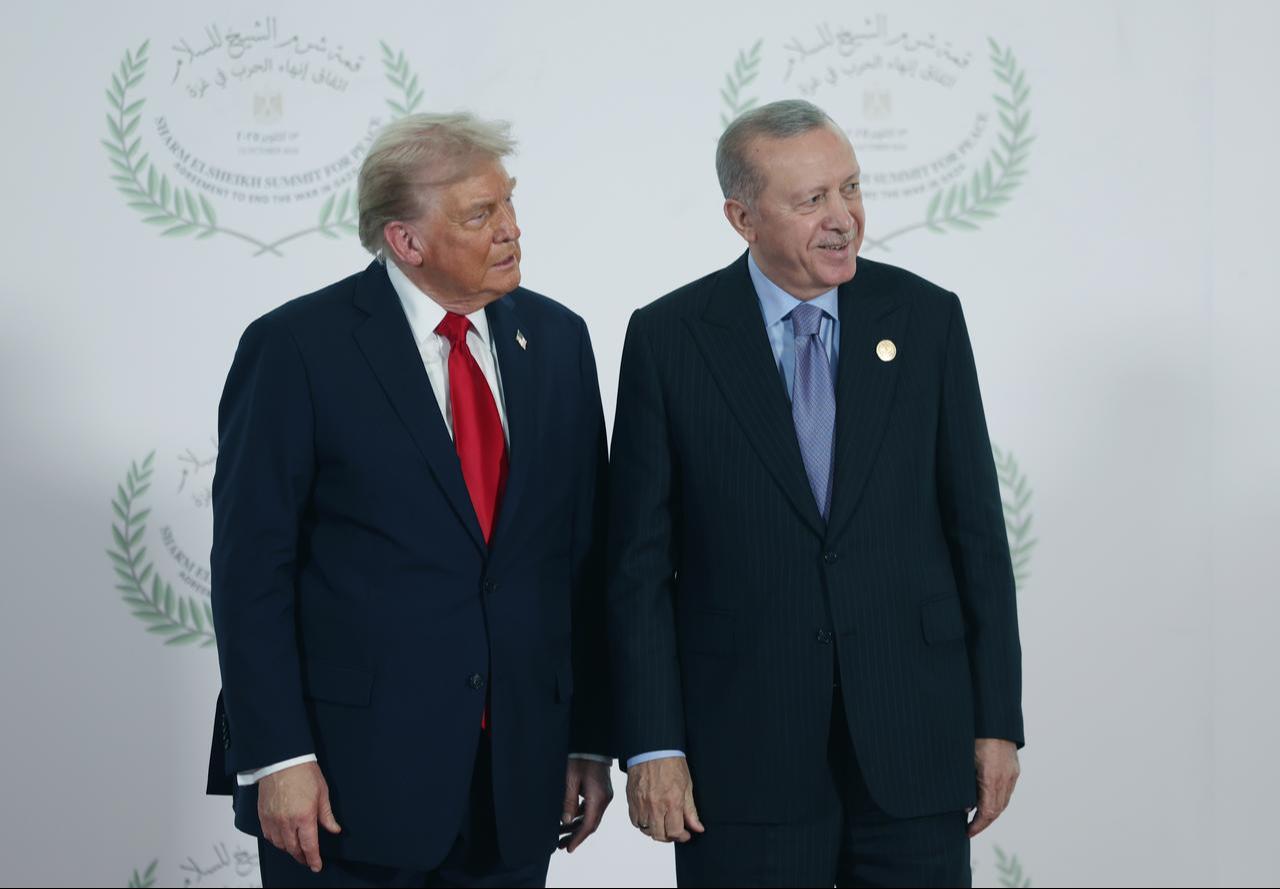
This article was originally written for Türkiye Today’s weekly newsletter, Saturday's Wrap-up, in its October 18 issue. Please make sure you are subscribed to the newsletter by clicking here.
Swing states in U.S. domestic politics make U.S. elections less predictable. The outcome often depends on voter groups in such swing states, with political campaigning there deemed more crucial than elsewhere. U.S. politicians aim to boost voter turnout in such states where national turnout usually is between 50% to 60%.
I don't know the rationale behind the new report from Congressional Research Service (CRS) calling Türkiye “a global swing state.” Washington certainly acknowledges Ankara's multidirectional foreign policy where all eggs are not put in the same basket as part of its strategic autonomy. But does the term global swing state refer to a situation where Ankara is crucial in shaping the outcome of global competition? And will the U.S. go to any lengths to win Ankara as a close and firm ally? Unlikely, but those are important questions to ask.
The CRS report’s labeling of Türkiye as a “global swing state” is quite a twist in Washington’s ever-evolving diplomatic vocabulary. It’s as if the tone suddenly shifted from scolding Ankara over its S-400 purchase and other “independent” moves to realizing, rather reluctantly, that maybe it’s better to win Türkiye over than to keep wagging a finger.
Türkiye’s ability to maintain relations with both Western and Eastern blocs—while keeping communication open with Moscow and Beijing—mirrors a broader global realignment. The CRS openly groups Türkiye with India and Saudi Arabia, describing them as powers leveraging competition between the U.S. and China to their advantage.
In Trump era, Türkiye is focusing on pleasing and comforting Trump without giving much in return, relying on Erdogan-Trump bromance to gain more. Türkiye predicts Trump era is a transition period to a business-as-usual period with a president representing the former status quo, regardless of the party affiliation. However, the anti-Turkish sentiment is prevalent in the U.S. Congress, and it would be one of the Türkiye’s priorities to slightly change this stance during Trump’s second term. Anyway, let’s go back to the report.

This recognition doesn’t come without discomfort in Washington. The memory of the 2019 S-400 purchase from Russia still lingers, as do the consequences: suspension from the F-35 program and CAATSA sanctions. Yet, the same report notes ongoing U.S.-Türkiye talks about “rendering the S-400 inoperable” and the approval of a $7 billion F-16 modernization package earlier this year. The message is clear—both sides want to mend ties, but on their own terms.
Syria remains the most complex test case. The fall of Bashar al-Assad’s regime late last year positioned Ankara as the most influential external actor in post-war Syria. Türkiye’s coordination with the Syrian government has quietly reshaped the balance of power there, and the U.S. now appears willing to cooperate to contain renewed Russian or Iranian influence. That shift marks a pragmatic, if uneasy, convergence after a decade of deep mistrust.
The CRS report also highlights how Ankara’s involvement in Syria—and its influence over local actors—has bolstered its regional weight. The post-war transition, though fragile, has opened limited space for U.S.-Turkish alignment. Ironically, this cooperation has emerged at a time when relations between Ankara and Tel Aviv are at their lowest point in years.
In the end, Türkiye’s “swing” may not be about picking sides, but about perfecting the art of balance. The CRS report inadvertently affirms this: Türkiye’s strength lies in its ability to navigate between rival blocs without losing autonomy. The U.S. may wish to “win Ankara back,” but Ankara seems more interested in redefining what partnership means on its own terms.
For now, the only certainty is that Türkiye’s choices will continue to shape—not just follow—the course of global competition.